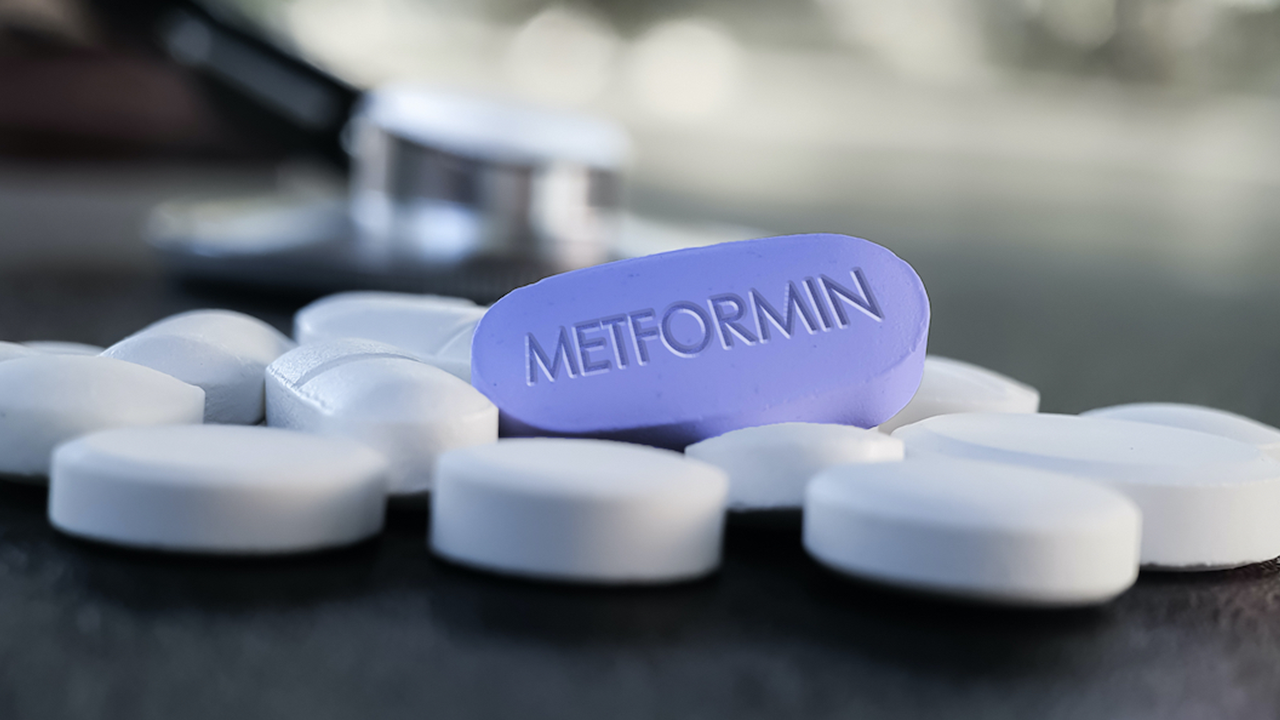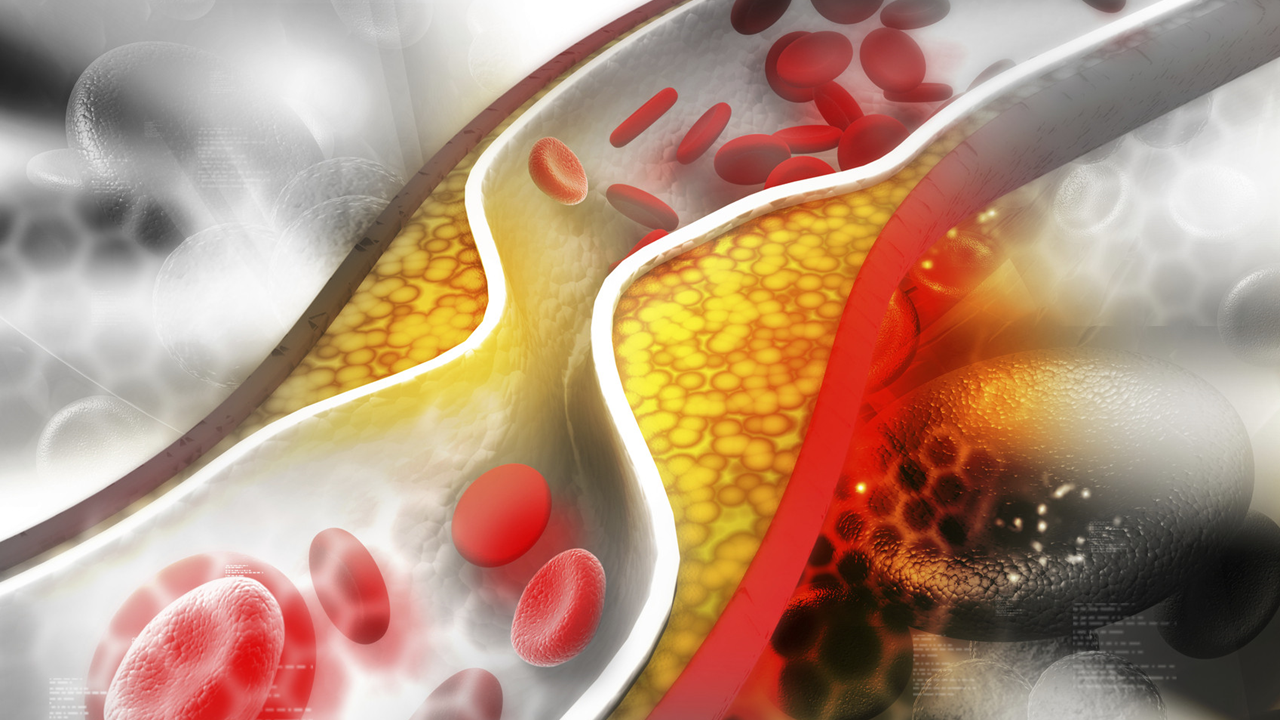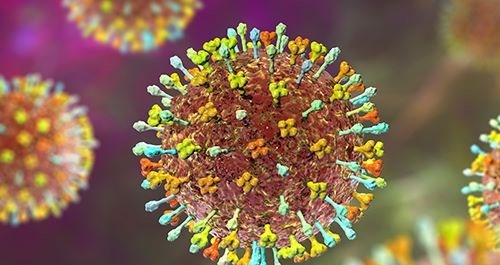New Oral GLP-1 Agonist for Obesity, Type 2 Diabetes
SAN DIEGO – Orforglipron, Eli Lilly's investigational oral daily nonpeptide glucagon-like peptide-1 (GLP-1) agonist that can be taken with or without food, appears comparable with other injectable and oral agents in the class for treating obesity and type 2 diabetes, suggest two new phase 2 studies.
Currently approved GLP-1 agonists for type 2 diabetes and/or obesity are peptide-based and given by subcutaneous injection or orally. No oral GLP-1 agonists are currently approved for obesity, and only one, oral semaglutide (Rybelsus, Novo Nordisk), is approved for type 2 diabetes.
Oral semaglutide is formulated with an ingredient that helps protect it from degradation and enhances gastric absorption. To maximize absorption and efficacy, patients are advised to take it in the fasting state and not to eat or drink anything for at least 30 minutes after. Nevertheless, the bioavailability of orally ingested semaglutide is only 1% or less.
Orforglipron, in contrast, is a small molecule that isn't a peptide, so it isn't degraded in the gastrointestinal tract, Juan Frias, MD, lead author of the phase 2 trial in type 2 diabetes, told Medscape Medical News.
"It's a chemical, a small molecule that also acts on the GLP-1 receptor, but because it's not a protein it's not degraded by enzymes. It's like any other pill. Earlier pharmacokinetic studies have shown that taking it with or without food doesn't make a difference," said Frias, who is principal investigator at Velocity Clinical Research, Westlake, California.
The results of the phase 2 trial of orforglipron in the treatment of adults with overweight or obesity were presented here June 23 at the American Diabetes Association (ADA) 83rd Scientific Sessions, and the findings were simultaneously published in the New England Journal of Medicine.
The type 2 diabetes data were also presented, as a poster, at the ADA meeting, and simultaneously published in The Lancet.
Asked to comment, moderator of the session during which the obesity study was presented, Elisabetta Patorno, MD, DrPH, told Medscape Medical News: "I think the findings are exciting. It is a formulation that patients might be able to tolerate much more, in terms of not having these very strict restrictions on how to take [oral semaglutide]. It's very cumbersome. They have to be fasting. They have to wait to eat."
Of course, orforglipron must go through much further testing, noted Patorno, associate professor of medicine at Harvard Medical School, Boston, Massachusetts. "The results that were shown were promising. We'll see more as new phases are moving forward in phase 3 and so forth."
Beyond Dosing Convenience: Possibility for Improved Access
The advantages of this novel nonpeptide GLP-1 agonist drug class — others are in earlier stages of development — could extend beyond just more convenient dosing, Sean Wharton, MD, PharmD, lead author of the obesity study, told Medscape Medical News.
"You can mass-produce a nonpeptide chemical very easily, much more so than a peptide. I believe this will increase access to care," said Wharton, medical director of the Wharton Medical Clinic, Burlington, Ontario, Canada.
He added, "As a clinician who believes in equity, diversity, and inclusion, I believe we need medications that are easily accessible to everybody, including poor people and people who live in different countries. Right now, we don't have that in the obesity medicine field. I believe this is the game changer in terms of access to care around the world for people with obesity who don't have the means to afford effective treatments."
Source: https://www.medscape.com/viewarticle/993667
Bài viết liên quan






